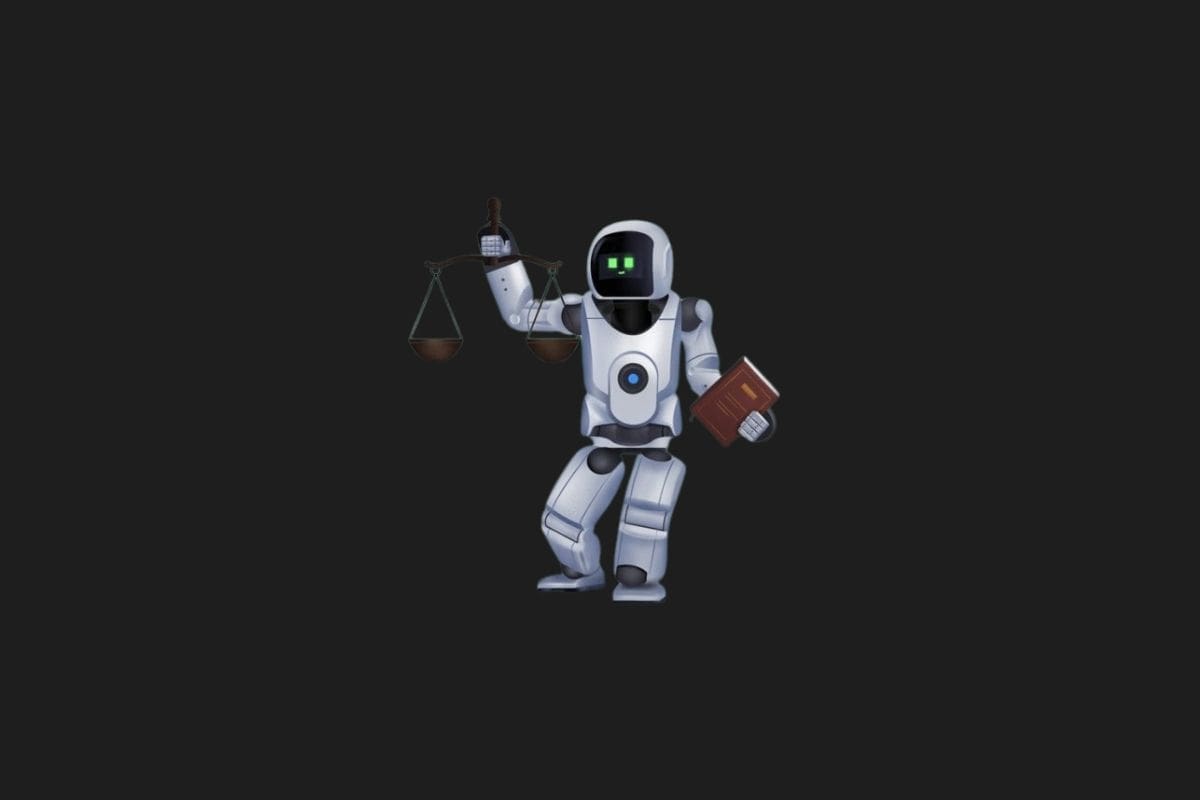Whether or not artificial intelligence is ethical is a complex question with no easy answer. On the one hand, AI has the potential to do great good in the world, such as helping us to solve complex problems like climate change and disease. On the other hand, there are also potential ethical concerns associated with AI, such as the risk of bias and discrimination, the loss of human control, and the potential for misuse.
Here are some of the ethical concerns associated with AI:
- Bias and discrimination: AI systems are trained on data, and if that data is biased, the AI system will also be biased. This can lead to AI systems making decisions that are unfair or discriminatory.
- Loss of human control: As AI systems become more sophisticated, there is a risk that we could lose control over them. This could lead to AI systems making decisions that are not in our best interests.
- Potential for misuse: AI systems could be misused by malicious actors to cause harm. For example, AI could be used to develop autonomous weapons or to create surveillance systems that violate people’s privacy.
It is important to note that these are just some of the potential ethical concerns associated with AI. There are many other potential concerns that have not yet been identified.
Despite the ethical concerns, there are also many people who believe that AI can be used for good. They argue that AI can help us to solve some of the world’s most pressing problems, such as climate change and disease. They also argue that AI can be used to improve the quality of our lives in many ways, such as by making our jobs easier and our homes more efficient.
Ultimately, whether or not AI is ethical depends on how it is developed and used. It is important to develop AI systems that are fair, transparent, and accountable. It is also important to use AI systems in a way that respects human rights and values.
Here are some things that we can do to ensure that AI is used ethically:
- Develop ethical guidelines for the development and use of AI. These guidelines should be based on human rights and values.
- Involve the public in the development and use of AI. The public should have a say in how AI systems are developed and used.
- Hold AI companies accountable for their products and services. AI companies should be held responsible for the decisions that their AI systems make.
It is important to have a public conversation about the ethical implications of AI. We need to work together to ensure that AI is used for good and not for harm.
